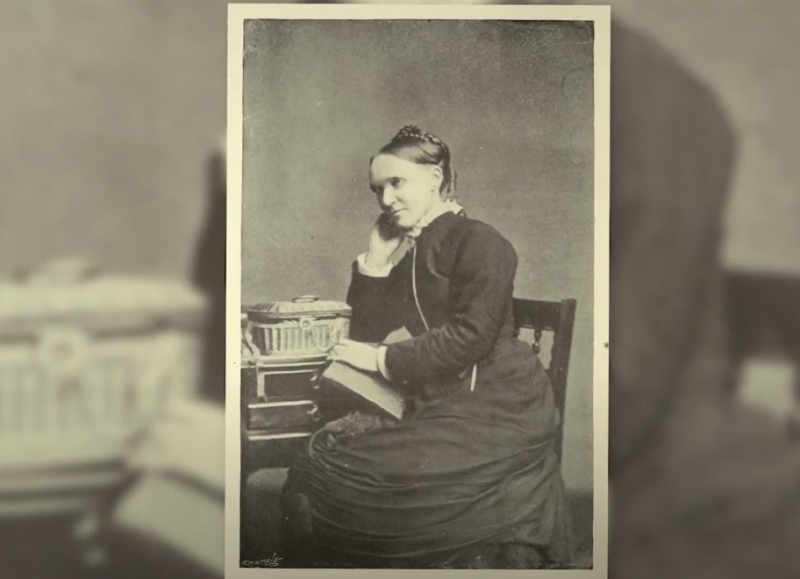The Rumors of Christianity’s Death Have Been Greatly Exaggerated
Sign up for a six month free
trial of The Stand Magazine!
Mark Twain was on a speaking tour of England and the world in 1897, hoping to make enough money from speaking fees to retire his considerable debts in the United States. At one point, reports that he was near death were circulating, and one newspaper in the States even printed his obituary. He was contacted by Frank Marshall White, the English correspondent for the New York Journal, to inquire about his health and reports he was on his deathbed.
Twain told White that “I (myself) have heard on good authority that I was dead.” However, he explained, the rumors began in connection with the illness of a cousin of his who had recovered. “The report of my illness,” Twain said, “grew out of his illness. The report of my death was an exaggeration.” This statement gradually morphed into, "The rumours of my death have been greatly exaggerated," which, of course, is what he should have said.
Something similar could be said about American Christianity. The left-leaning Pew Research Center posted this headline earlier this month: “In U.S., Decline of Christianity Continues At Rapid Pace.” Is Pew right?
While it is a worthy question to ask, especially during Halloween week, the answer is that things are not nearly as bad as Pew intimates. Russ Douthat, a conservative Christian voice crying out in the wilderness that is the New York Times, writes that the “collapse of American Christianity” is “overstated.” While church-going may have declined, it is not a dramatic decline. In 2008 42% of America attended church weekly, and that number was still at 38% 10 years later. This is not that much different than the churchgoing rate in the 1930s and 1940s before the spiritual resurgence that followed World War II.
Douthat suggests that the decline may be attributed to lukewarm believers and loosely attached Christians dropping the pretense and bagging church altogether. Maybe they’re not around because Jesus has “spit them out of his mouth” (Revelation 3:15) for being neither hot nor cold. For those who are strongly attached to the body of Christ (about a third of our population), church attendance has been “neither growing nor collapsing but holding steady” between 1990 and the present day.
While we, of course, want to see these numbers growing, the good news is that there is plenty of wood to see another roaring fire.
Douthat also includes this little nugget of information. When political scientist Ryan Burge compared weekly church attendance between 20-somethings of today and 20-somethings of the 1990s, he actually found a small increase. Thus the millennial or Gen Z Christian, contrary to expectation, is more likely to be a regular church attender than a Gen-Xer of 1995.
The secularization we see in the Protestant church is occurring primarily in the mainline denominations, which have been bleeding congregants since they abandoned notions of biblical authority a generation ago and began giving congregants no reason to darken church doors. The dechristianization of the church is due more to aging boomers than to millennials.
The Roman Catholic Church has experienced a dramatic decline in mass attendance that has only been mitigated by Hispanic immigration. But Hispanic participation in mass is in a notable decline. While evangelical churches have seen in the past, and will see in the future, a steady infusion of refugees from spiritually dead mainline denominations, Catholicism has no place to look for fresh faces. Consequently, Douthat concludes, “evangelical Protestantism looks like a stronger alternative to secularism than the church of Joe Biden, Pope Francis and myself.”
Since Protestants founded America, crafted the Declaration of Independence and the Constitution, tamed the wilderness, and built the most prosperous nation in history through the Protestant work ethic, perhaps the future of Christ’s church in America - and America itself - is not as bleak as many want to think.
The author may be contacted at [email protected]

Sign up for a free six-month trial of
The Stand Magazine!
Sign up for free to receive notable blogs delivered to your email weekly.


















